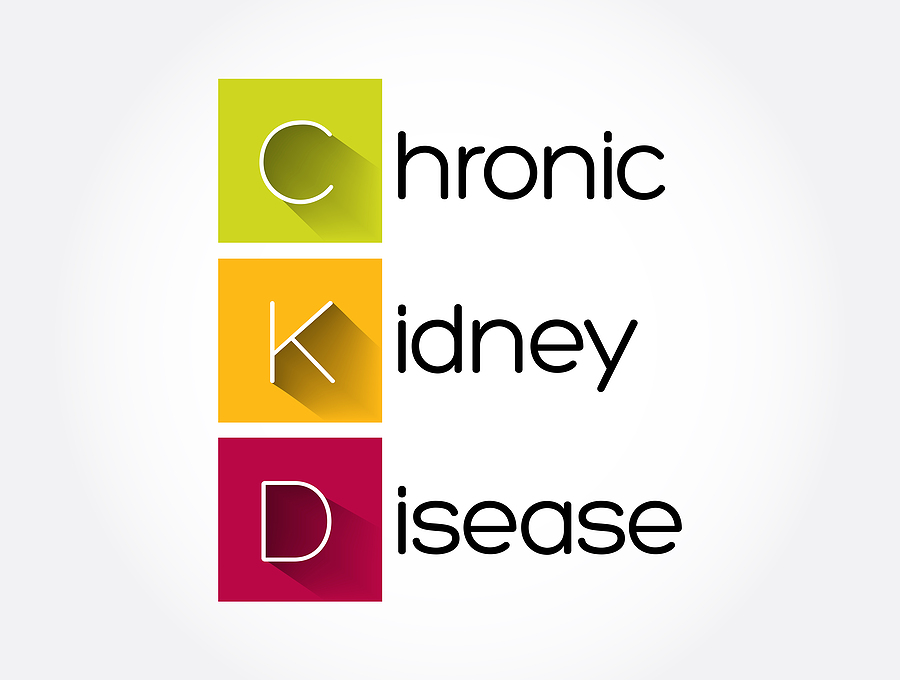Steve was a healthy and fit military pilot. At least he thought he was. He had been experiencing some fatigue, but he attributed it to his busy schedule testing aircraft and equipment for his squadron. Then he got sick. He caught a virus that was going around; one that wasn’t having much effect on other people in his demographic. But Steve ended up in the ICU.
The body likes to maintain electrolytes within a certain balance. Outside of the normal ranges and the body can start to spiral out of control. Steve’s electrolytes were dangerously low. His fatigue spiked, he was vomiting uncontrollably, and he was having intense muscle aches. He was near comatose.
As part of the medical care his physicians determined that his adrenal glands were simply not working. Primary Adrenal Insufficiency, also called Addison’s Disease, can be caused by a few things, but in Steve’s case it was the unfortunate result of his own body attacking the organs, known as an autoimmune process. Steve’s adrenal glands had likely been in decline for the better part of a year or more; the virus was just the straw that broke the camel’s back.
The adrenal glands play a major role in managing electrolytes. In addition, they produce several hormones including adrenaline and cortisol. Cortisol, in particular, is needed in higher quantities during periods of stress, such as during an illness. Steve’s adrenal glands couldn’t provide the normal levels of cortisol, let alone the increased amounts he needed when he got sick. Already teetering on the edge with his low electrolytes, Steve’s body couldn’t cope with the virus and ended up in the ICU.
Luckily Steve recovered in the hospital and was eventually released. But his military career, especially as a pilot, was over. Other pilots who had used Wingman Med introduced Steve to us and we began working on a plan to get his FAA medical certification so he could continue his aviation career in another fashion.
There are many diseases where a hormone is no longer produced by the body. Thyroid and insulin are probably the most well known. On one end of the spectrum, thyroid hormone replacement can be relatively uncomplicated. Replacement is most commonly done via a single shelf stable pill taken once a day. The relatively long half-life of thyroid hormone in the body is pretty forgiving if you miss a dose every now and then. Even several days off of the medication will begin only with mild symptoms.
Insulin, meanwhile, is on the other end of the spectrum. It is primarily used by the body to manage sugar content in the blood. It is an injected medication that needs to be refrigerated. It has a very short half-life and needs to be calculated precisely in relation to the amount of sugar present and it needs to be done multiple times a day. Too much insulin and you will be incapacitated. Too little and you can get the same result. This is why it has been so hard, until recently, to fly as an insulin-dependent diabetic.
Adrenal gland hormone replacement is somewhere in the middle. The adrenal glands make multiple hormones so there are multiple replacements needed. The pills are shelf stable, but some have pretty short half-lives and some have longer. Then there is the need to pay attention to what is called “stress dosing.” If the body needs more cortisol, like when sick, the pilot needs to know to take more medication than normal, but only THAT medication and not the others. In the case of an illness that causes vomiting, they may not be able to take the pills. In just a few hours they could be very sick and in just a few days they could be back in the ICU. If they are at home they can always go to their doctor or the hospital. But if they are away from home on a trip as a pilot their support structure and processes are different.
Steve’s endocrinologist did a fantastic job getting him healthy while we worked with Steve and his endocrinologist to make sure he was truly optimized at the pilot level. What is considered acceptable for most people is not acceptable for flight duty. We also needed to make sure everything was documented in a way that would be sufficient for the FAA. You can’t just be doing well, you have to be able to prove you are doing well. We needed to prove that Steve was not only optimized in his health, but also knew how to manage his condition, knew the importance of stress dosing and when to use it, and when to seek medical treatment to prevent significant issues.
After a few months of work, Steve was ready for his FAA medical exam. A diagnosis like this requires the exam to be deferred to the FAA for final disposition. But when Steve was deferred, he had all of his paperwork ready to submit with his exam in support of his stability. This avoids the potential back and forth that occurs with an unplanned deferral and can save significant time. Instead of that back and forth, Steve received his Special Issuance just a few weeks after his exam. This is preparing for the FAA medical like a check ride. This is what we do.
ABOUT WINGMAN MED
We are designated FAA aviation medical examiners, residency trained in Aerospace Medicine, and graduates of the Naval School of Aviation Safety. After years of helping friends and colleagues keep their medical certificates and stay in the air, we founded Wingman Med so we can do the same thing for you. As pilots, we understand the imperative of maintaining your FAA medical certificate and the urgency of getting it back when you lose it. As doctors, we specialize in getting it done.
Follow us on
Facebook.com/wingmanmed/
Linkedin.com/company/wingmanmed





